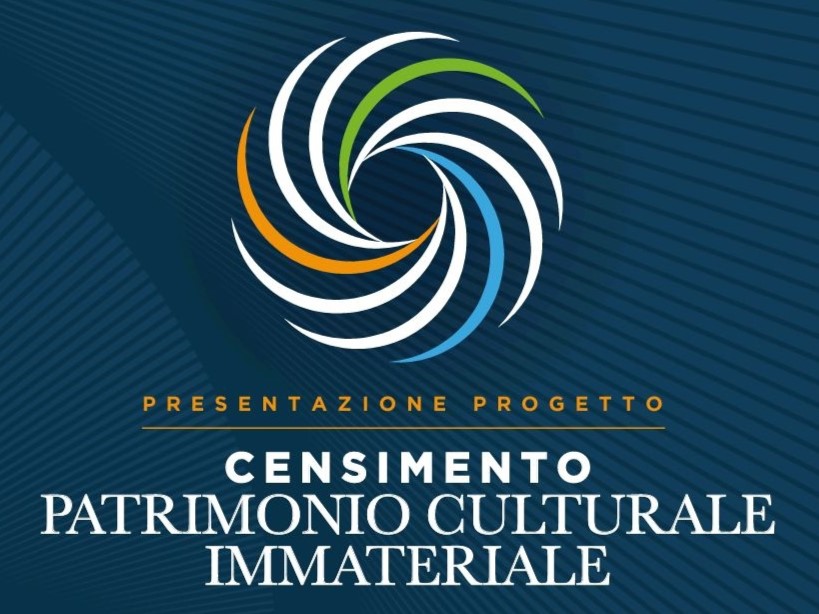

Italy is renowned for its rich cultural history, which manifests itself through monuments and works of art, but also through a myriad of traditions and social practices rooted in the country's diverse local communities. To preserve this unique wealth, the National Union of Pro Loco and the National Association of Italian Municipalities have launched a project to take a census of Italy's intangible cultural heritage.
The census, the first of its kind, aims to document more than 200,000 expressions and social practices that characterize Italy's local identities. This effort was motivated by the adoption of the UNESCO Convention for the Safeguarding of Intangible Cultural Heritage just over 20 years ago.
According to Antonino La Spina, president of the Unione Nazionale Pro Loco, the census represents an important step forward in the recognition and enhancement of Italy's intangible cultural heritage. Through the collection of knowledge and know-how passed down from generation to generation, the project aims to keep the identity of various local communities alive.
The initiative actively involves Pro Loco associations and small Italian municipalities, which play a key role in mapping and documenting their intangible cultural heritage. Thanks to collaboration with the Central Institute for Intangible Heritage and the Ministry of Culture, it is possible to catalog and monitor these cultural treasures periodically, ensuring their preservation over time.
The census is supported by scorecards developed by the Central Institute for Intangible Heritage and involves anthropological researchers in data collection. The collected materials will then be uploaded to a digital platform that will make the data accessible through digital archives, allowing interested parties to explore, study and learn about Italy's intangible cultural heritage in an interactive way.
According to Federico Mollicone, chairman of the House Committee on Culture, Science and Education, the project is in line with the law to safeguard intangible cultural heritage passed in the House. This law provides for the establishment of a national list through census and cataloguing, recognizing the identity and historical value of intangible cultural heritage for local and national communities.
The activities that will be mapped include oral traditions, music, performing arts, ritual and festive events, and practices reenacting historical events. This project is an important effort to ensure the preservation and promotion of Italy's rich intangible cultural heritage, which is a fundamental part of the country's identity.
You may be interested
-
“Italian Cuisine” is a candidate for UNESCO a...
Italian Cuisine – from 1929 the most authoritative and long-standing cooking monthly in It...
-
“Meraviglie - La Penisola dei Tesori”: il nuo...
Arriva anche su Rai Italia “Meraviglie – La penisola dei tesori”, il nuovo programma condo...
-
#LaCucinaItalianaGoesToUnesco
La Cucina Italiana is launching a new project aimed at supporting the universal value of I...
-
10 UNESCO sites in Italy that maybe you don't...
Unknown among these known, the Excavations of Oplontis in Torre Annunziata (Naples), inclu...
-
2013 UNESCO World Heritage: Italy has two new...
by Claudia Astarita The UNESCO World Heritage Commitee is going to meet in June in Phnom...
-
5 hiking trails in Adamello Brenta Natural Pa...
In Trentino, along the border with Lombardy, a vast protected area, where the uncontaminat...
-
5 Incredible Italian Cities To Get To Before...
If you want to enjoy Italy away from the crowds, you can often do so by heading to one of...
-
A Brief History of Italian Opera
in December 2023, on the eve of the premier of Verdi’s Don Carlo at the Teatro alla Scala...










